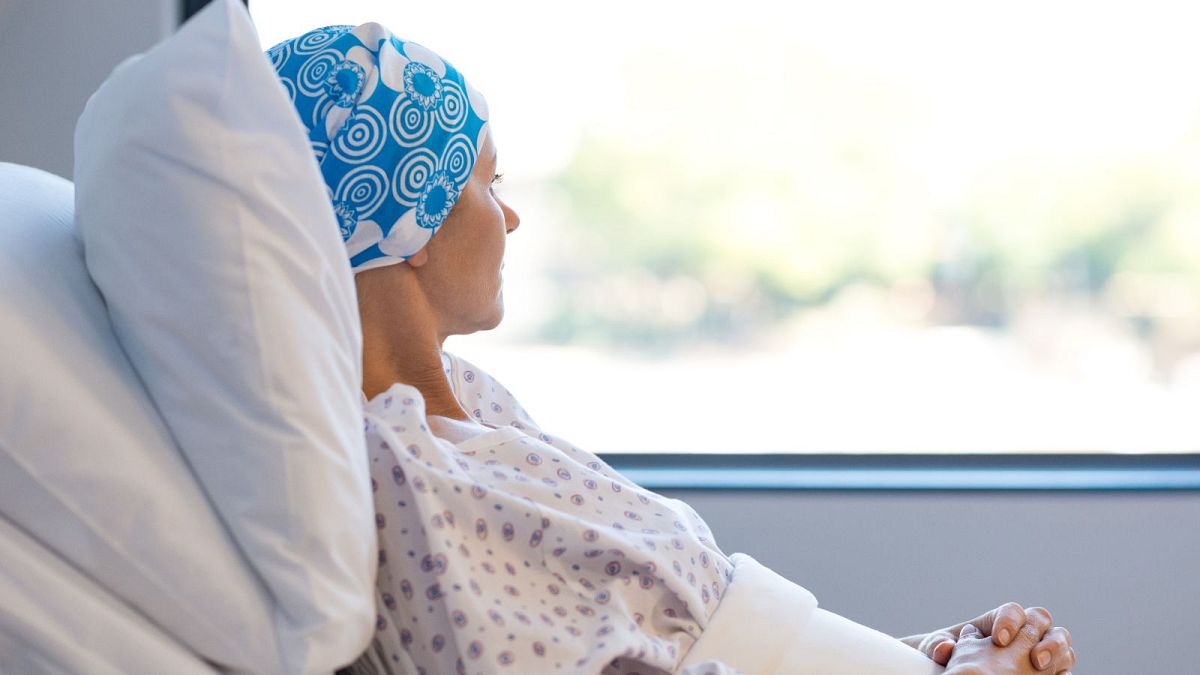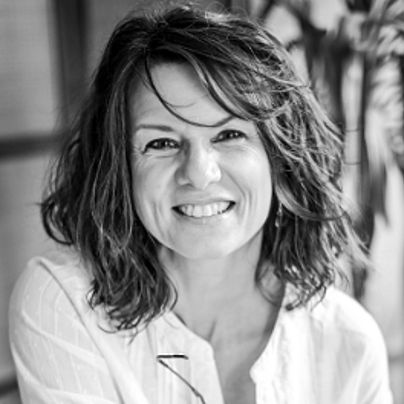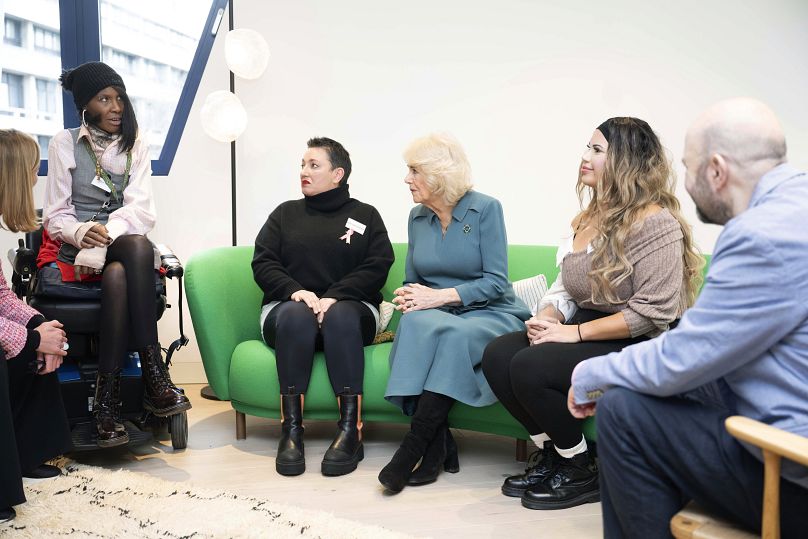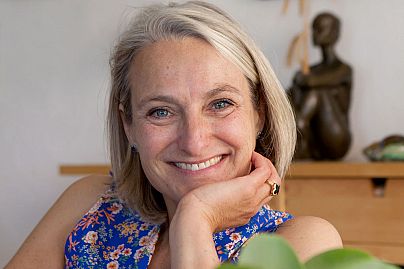With an expected 23 per cent increase in Europe over the next two decades, some say providing better emotional support to patients is key.
For Muriel Andruétan Piquant, returning to work after cancer was extremely isolating.
After going through chemotherapy and radiation for blood cancer in 2019, she felt tired and had difficulties concentrating. Just following a simple conversation was an ordeal.
"I felt a sort of shame, and I was hard on myself regarding my work. I was a little depressed and then I isolated myself because I didn’t feel good enough at my job which made things more difficult," she said.
Going through cancer and chemotherapy can cause cognitive changes including memory problems, trouble with focusing, fatigue, and confusion.
This was the third time that cancer had impacted Andruétan Piquant’s life after she watched her father and younger sister struggle with the disease years before her diagnosis.
The 47-year-old former teacher said she had access to therapy and support groups but that having someone to help her adapt to life after the illness could have been beneficial.
She is not alone; others who have had a similar experience agree that providing more emotional care for patients and their families, including support after treatment, could help people trying to rebuild after cancer.
Andruétan Piquant’s recovery inspired her to train to become a life coach in the hopes of helping people trying to navigate life post-cancer and in the future, working with companies to help better integrate former patients coming back to work.
"It's a cataclysm when you have cancer in your life. The cards are reshuffled and many things are called into question," she said.
"There's a storm going on in our heads and as a result, it's very, very difficult to know who we have become because we have changed a lot".
‘Invisible side effects’
In the United Kingdom, the Scottish charity Maggie's was founded to provide a place that supports and comforts cancer patients and their families.
Founder Maggie Keswick Jencks was first diagnosed with breast cancer in 1988, with the cancer returning five years later. She and her oncology nurse Laura Lee decided to create a centre shortly before Maggie’s death to help patients feel more in control of the process.
"The hospital doesn’t often allow for the space to explore and support what can be an overwhelming diagnosis. Cancer is a life-threatening diagnosis, and the treatment is gruelling," said Dame Laura Lee, who is now chief executive of Maggie's.
"More people have the potential for a curative outcome as a result of treatment but can often be left with permanent long-term impacts".
The charity now has 24 centres across the UK and three internationally, including in Barcelona, with plans to open centres in the Netherlands and Norway.
Lee says that as people live longer with advances in treatment, there is also the challenge of living with uncertainty about whether it will work, which can cause an existential crisis.
An initiative launched at the World Economic Forum in Davos in 2023 had companies pledge to provide a better climate for people with cancer at work, with a study finding that 50 per cent of people with cancer were afraid to tell their employers.
The difficulty can be that employers and colleagues "don’t see the invisible side effects of cancer treatment," Lee said.
Maggie’s provides everything from creative workshops to courses on handling anxiety and stress. It’s an effort that Lee says will become even more important as cancer cases rise globally.
New estimates released this week from the International Agency for Research on Cancer (IARC) have found that cancer cases will increase by more than 20 per cent in Europe over the next two decades, while deaths increase by more than 30 per cent.
'I had to find help outside'
Catherine Schopfer was already a life and business coach when she was diagnosed with breast cancer in 2012. The diagnosis came as a confluence of difficulties occurred in her life, including the deaths of both of her parents due to cancer.
Receiving a cancer diagnosis is like "a bomb has exploded in your life," Schopfer said.
After her mastectomy, "I knew I had to find help outside. That it was too big for me," she added, explaining that she tried all types of therapy and stress reduction classes.
It was only later when she had two clients who came to her for life coaching as they were going through breast cancer that she realised as someone who had previously had cancer herself, she could provide insight for patients.
Now, she coaches people daily through treatments and remission but also helps family members who can experience emotional stress by being put in the position of becoming a caregiver.
Schopfer currently works privately but is in contact with a charity and doctors near where she lives in Switzerland to provide better access to this type of support, adding that people healing from cancer need a "holistic approach".
More emotional support needed
Cancer care has already improved, with Andruétan Piquant explaining that she had more access to emotional support than her father who was diagnosed with cancer in 2001 and her sister who was diagnosed with cancer in 2006.
But while she had a psychologist and access to classes, she felt lost when navigating how to rebuild her life. Having someone available to help her to "reinvent" herself could have been beneficial, she said.
For Lee, there is increasing recognition of the value of providing support beyond therapy for cancer patients.
Maggie’s provides this support for free, also giving financial advice to people on how to claim benefits and deal with possibly leaving work.
The Union for International Cancer Control (UICC) highlighted inequities in cancer care in a report released last week, urging governments to commit to improving care for everyone for World Cancer Day on February 4.
One of their calls is to include cancer services in health coverage and to foster patient-centred care to address people’s unique needs
As funding is put more into diagnostics in the UK, there’s not enough emphasis on "caring for, looking after people who get through the system, but then are left with some of the challenges that treatment has brought up," Lee said.
"It’s the funding challenge, and also a shift is needed where the acute hospital is only a moment in time in a cancer person's life. There needs to be other things alongside that help improve good outcomes for people," she said.






